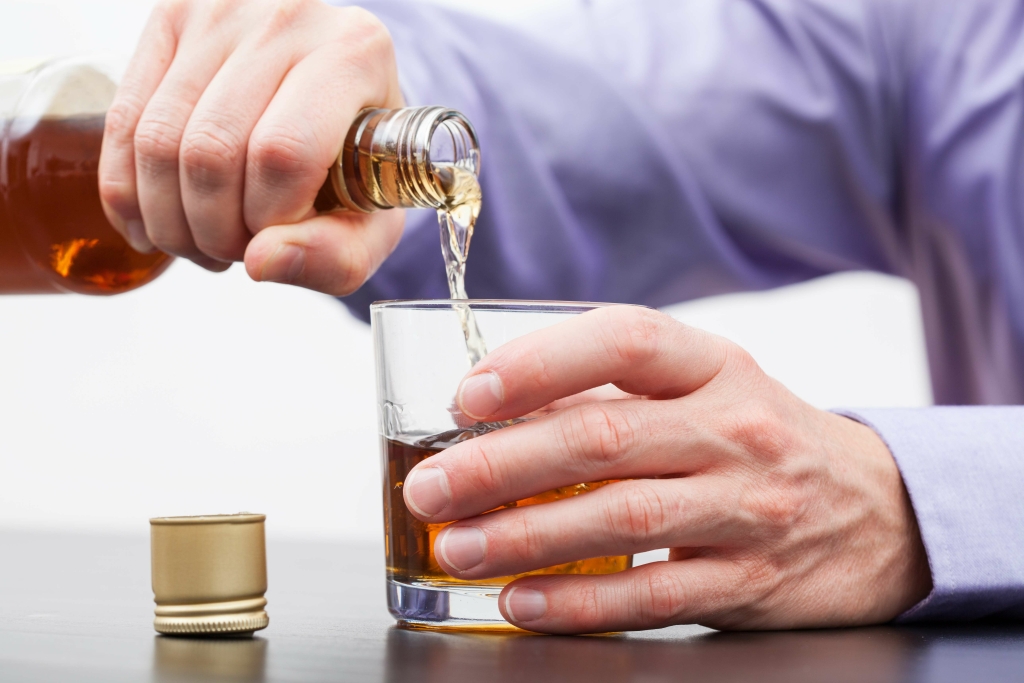Known as the “sober curious,” a growing number of people are selectively quitting alcohol. It all began in 2013 with a challenge called “Dry January,” during which participants took a month-long break from drinking following boozy holiday gatherings and rowdy New Year’s Eve parties. But what exactly happens to the brain when a person who regularly drinks goes cold turkey — even for a short while? For one, most research related to brain changes after alcohol use has studied the brains of heavy drinkers or people who misuse alcohol and then become sober. When you’re not drinking, your liver is able to devote more time to its other 500 vital functions. After you stop drinking for a month, your liver fat may be reduced by up to 20%, significantly reducing your risk of cirrhosis of the liver or fatty liver disease.
However, when you drink in excess, the enzyme gets saturated and is metabolized by a different enzyme. If you’re simply looking to speak to someone on the phone or chat online for more advice on your own or someone else’s drinking, get in touch with Drinkchat or Drinkline. If you’re worried about your drinking, get in touch with your local GP surgery, who will be able to help. Or if you’re just thinking what happens when you stop drinking alcohol about taking a break from alcohol, for your own reasons or as part of a challenge, you will be joining millions of others. So, if you’re trying to crush some weight-loss goals, cutting out the alcohol may help you achieve them faster. Alcohol is a sedative, so if you’re drinking right before you go to bed, you might be thinking that it is helping you sleep — and sleep is good for you, right?
What Happens To Your Brain When You Stop Drinking?
If you’re ready to stop, arming yourself with strategies and tips can help you or a loved one take small steps towards big results. And by taking the decision to stop drinking, you could reduce your risk of developing many serious alcohol-related diseases. Alcohol dehydrates your body, including the skin, and this happens every time you drink. If you think you have a dependence on alcohol or if a trusted family member or friend has mentioned it to you, it’s best to seek help from your doctor when you’re ready to stop drinking.

Also, your risk of developing cardiovascular disease will start to decrease. Alcohol can increase your blood pressure and make your heart work harder. Hangovers, or alcohol withdrawal, cause hormonal changes, too, which explains why we might feel so crummy after drinking. Alcohol has quite deleterious effects, as ethanol, an organic compound in alcohol, is a toxin to our body, Scheller explains. Whether you’re challenging yourself to a no-drink stint (hello, Dry January) or considering cutting back on alcohol in general, your body can experience some real changes when you stop drinking. Here are some significant ways not drinking for 30 days or more can impact your body, mind, and overall health.
Can Naltrexone Treat Drug And Alcohol Addiction?
It’s often at the center of social situations and closely linked to celebrations and enjoyment. Sunnyside uses a psychology-based approach to help you drink more mindfully, no matter what your goal is. You’ll get a 100% custom plan, then daily texts to track your progress and help you stay on target. Cognitive functions—including https://ecosoberhouse.com/ problem solving, decision making and self-regulation skills—can also improve with continued sobriety, adds Dr. Kellogg. You’ll get a 100% custom plan, then use daily texts to track your progress and help you stay on target. Seizures, hallucinations, and delirium may occur in severe cases of withdrawal.
Gisele Bündchen Reveals What Happened When She Quit Drinking – Vanity Fair
Gisele Bündchen Reveals What Happened When She Quit Drinking.
Posted: Tue, 19 Sep 2023 07:00:00 GMT [source]
Not drinking can resolve these unsightly skin conditions, such as eczema, hives, psoriasis, or simply itchy skin. Unless you’ve replaced the empty calories of alcoholic drinks with another indulgent food, you’ve probably cut 2000 calories by the second week’s end. You may find your scale reading a pound or two lighter than before. If the carbs in alcoholic beverages were the culprit for your elevated blood glucose levels, your blood sugar may normalize by the end of the next day. Friends and family members of people who have an alcohol addiction can benefit from professional support or by joining programs like Al-Anon. It takes a large amount of alcohol for this to occur and once it does, a person could live years normally before the liver stops functioning correctly.


